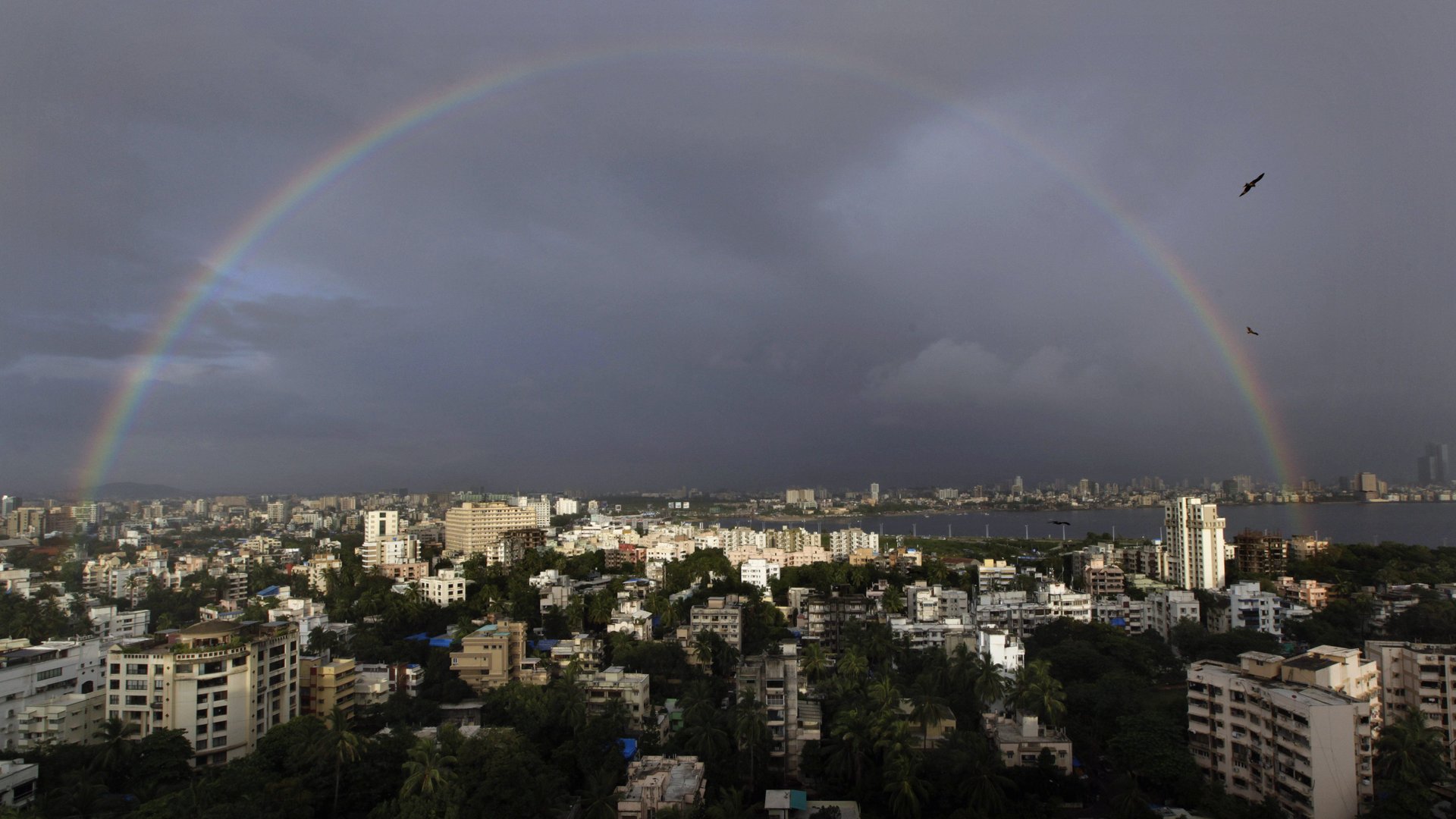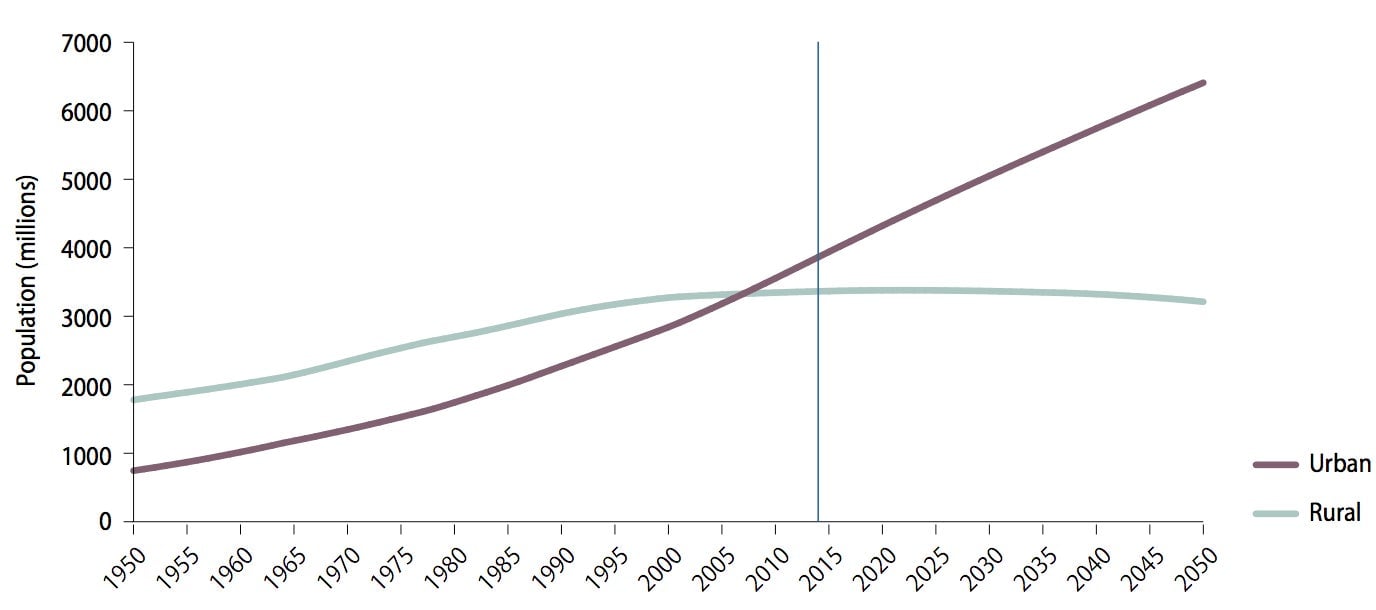Mayors from 70 global cities are gathering to try to solve the world’s problems
When it comes to the issues facing the modern world—climate change, international terrorism, a global refugee crises—large success stories are hard to come by. Nation states are embroiled in infighting and bureaucracy, and international organizations can’t find consensus on anything. Who’s left to dig us out of this quagmire?


When it comes to the issues facing the modern world—climate change, international terrorism, a global refugee crises—large success stories are hard to come by. Nation states are embroiled in infighting and bureaucracy, and international organizations can’t find consensus on anything. Who’s left to dig us out of this quagmire?
Hopefully, mayors. At least that’s the idea behind the Global Parliament of Mayors, a rather loftily named conference taking place in The Hague this weekend. Some 70 city representatives—the mayors of Athens, Bangkok, Cape Town, Warsaw, and Kuala Lumpur among them—are putting their heads together on issues like global warming, refugee habilitation, and democratic governance.
The Global Parliament, in its first year, is the brainchild of Benjamin Barber, a social scientist at Fordham University and author of the book If Mayors Ruled the World: Dysfunctional Nations, Rising Cities. As Barber sees it, globalization is shrinking the power of state governments. National rulers are getting stuck in gridlock at home and zero-sum games abroad. Cities are the only places getting anything done.
“The US government closed twice in the last two years,” says Barber, a native New Yorker with a rapid-fire way of speaking. “You can’t close New York or Chicago or any other city in the world.
“Look at the UN. When did the UN last stop a war? It’s a total failure, and it’s a total failure because it’s based on states, and states are sovereign.”

Barber is brimming with ideas about how cities could do more good together than independently. They might join forces on otherwise prohibitively expensive procurement projects, like buying trash-to-green-energy incinerators, or on coordinating security and anti-terrorism efforts. He even suggests that, had Moscow’s police communicated with Boston’s police about the Tsarnaev brothers instead of warning the FBI, the 2013 Boston marathon bombings might have been avoided.
Mayors are, of course, often consumed with prosaic local issues like street-cleaning and traffic, but Barber’s belief in cities’ ability to innovate isn’t unfounded. In bestselling book Triumph of the City, Harvard economist Edward Glaeser argues that most of mankind’s greatest creations, from the mass-produced car to the elevator, were born of urban environments, and points to the 50-year rise of Singapore as evidence of cities’ enormous potential. Former New York City mayor Michael Bloomberg has also argued, alongside the mayors of Paris and Rio de Janeiro, that empowering cities is crucial in the fight against climate change.
“Global warming manifests itself most in cities,” says Barber. “Refugees–they don’t migrate to the farms, they go to cities. Terrorism–nobody attacks a cowshed, they attack cities!”
The Global Parliament hasn’t won over everyone—notably absent are mayors from Beijing, Mumbai, London, Moscow, Paris, and New York. (Representatives for City Hall in New York said officials are tied up with 9/11 commemorations this weekend.) Nor are all experts sold on cities’ ability to prioritize collaboration over individual goals.
“I’m concerned about the collective-action side of trying to get 100 cities to agree on anything,” says David Swindell, director of Arizona State University’s Center for Urban Innovation. “To suggest that cities are going to voluntarily disarm from [a global system of] competition….As much as I want to believe in that, I just don’t think that that’s a realistic vision.”
Swindell suggests first targeting “small, not-very-sexy” local government issues to build trust between cities, rather than trying to save the world from the word ‘go.’
Reinier de Graaf, a partner at world-renowned Dutch architecture firm OMA, says the beauty of urban governance is its freedom to solve problems on a small scale. He wrote that giving city leaders global responsibility could “quickly undo that success”:
“Cities mostly address symptoms, not root causes…No matter how many electric vehicles we will have driving in our cities, their effect on CO2 emission reduction will remain negligible as long as that electricity will be generated by fossil-fueled energy plants outside the borders of our cities.”
Participants at the Global Parliament will have to balance the enthusiasm of urban evangelists with realities that have long held them back. Can cities really free themselves from the short-term electoral thinking that stymies action on a grander scale? Can they set aside individual interests to work together and exert their enormous potential influence on the free market? Will national governments give up enough funds and sovereignty to let urban centers get on with the job?
For now, Barber’s focus is on creating a platform for cities’ leaders to get together and work things out like adults.
“We have cities from Israel and Palestine coming,” he says. “Right now the government of Israel is not fit to talk to anybody. But the mayor of Haifa and the mayor of Hebron talk to one another—they have to cooperate.”